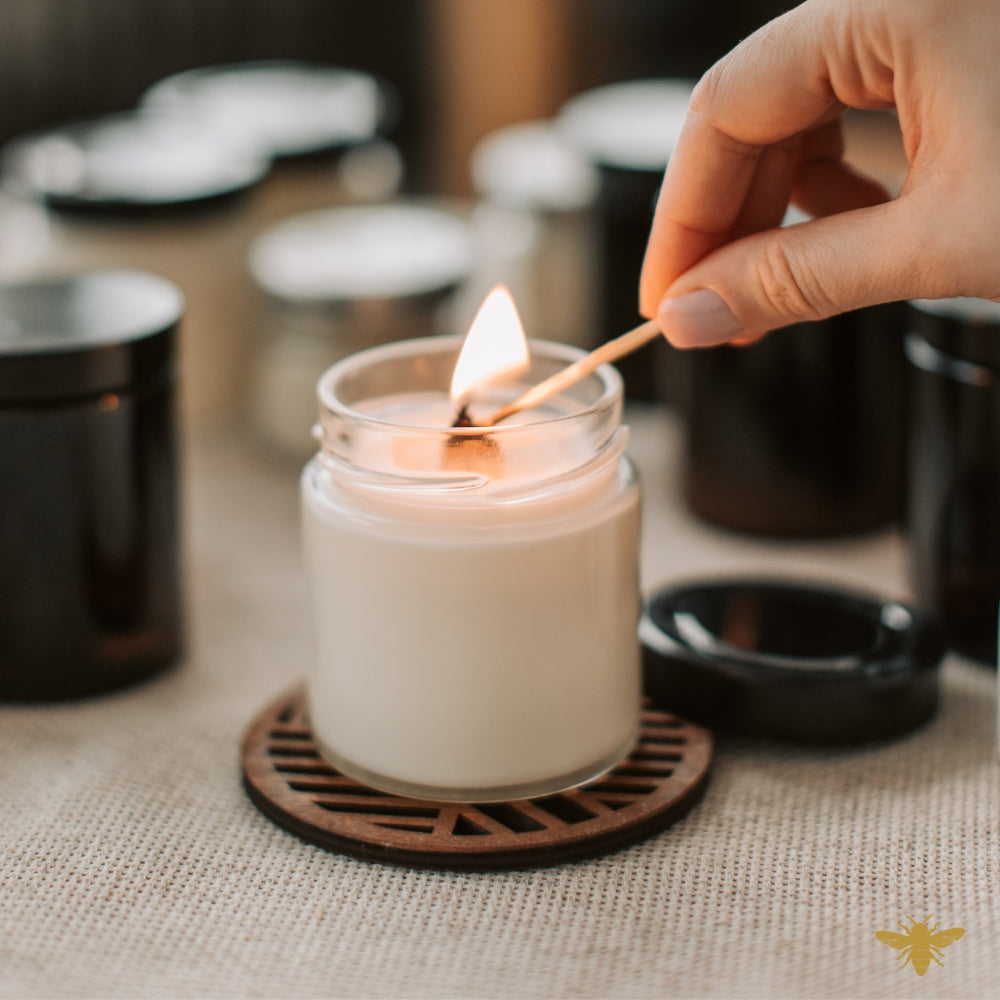Understanding IFRA Guidelines for Fragrance Oils
If you’ve ever dabbled in the world of perfumery, candle making, or soap crafting, you’ve likely come across the term "IFRA" (pronounced if-rah). These documents, issued by the International Fragrance Association (IFRA), play a critical role in ensuring the safety and standardization of fragrance oils used in various products. But what exactly are they, why do they matter, and how can they benefit both creators and consumers? Let’s dive into the essentials of IFRA documents and explore their significance.
What Are IFRA Documents?
IFRA, founded in 1973, is a global organization dedicated to promoting the safe use of fragrances. It represents fragrance manufacturers, suppliers, and users, working to establish guidelines that protect consumers and the environment. IFRA Standards—are detailed regulations that specify how fragrance ingredients should be used in different applications. These standards are based on extensive scientific research conducted by the Research Institute for Fragrance Materials (RIFM), which assesses the safety of fragrance compounds.
Each IFRA certificate outlines restrictions or usage limits for specific fragrance ingredients. These limits vary depending on the product category—think perfumes, body lotions, candles, or household cleaners—since exposure levels differ across applications. For fragrance oils, which are blends of natural and synthetic aromatic compounds, IFRA documents provide maximum allowable concentrations to prevent adverse reactions like skin irritation, allergies, or environmental harm.
Why Do IFRA Standards Matter?
For creators, IFRA documents are a roadmap to compliance and safety. If you’re a small business owner crafting scented candles or handmade soaps, adhering to these standards ensures your products are safe for customers and legally marketable. Many countries, especially in the European Union, align their regulations with IFRA guidelines, making compliance a necessity for international trade. Ignoring these standards could lead to product recalls, legal issues, or damage to your brand’s reputation.
For consumers, IFRA documents offer peace of mind. When a fragrance oil supplier provides an IFRA certificate, it’s a sign that the product has been evaluated for safety. This is especially important for people with sensitive skin or allergies, as certain fragrance ingredients—like citrus oils or synthetic musks—can trigger reactions if used improperly. By following IFRA standards, manufacturers reduce these risks, creating products that are both enjoyable and safe.
How to Read an IFRA Certificate
At first glance, it might seem overwhelming, with its tables and technical jargon. However, it’s fairly straightforward once you break it down. Each document lists the fragrance ingredient or oil, its CAS number (a unique chemical identifier), and a series of categories (e.g., Category 1 for lip products, Category 4 for fine fragrances). Next to each category, you’ll find a percentage indicating the maximum safe usage level. For example, a fragrance oil might be safe at 5% in a candle but limited to 1% in a face cream due to higher skin contact.
Suppliers of fragrance oils typically provide IFRA certificates alongside their products. These certificates confirm that the oil complies with the latest IFRA standards—currently the 51st Amendment, as of early 2025—and list usage limits for various applications. As a creator, you’d use this information to formulate your recipes accurately.
The Bigger Picture
IFRA documents aren’t just about restrictions; they reflect a commitment to sustainability and innovation. By identifying potentially harmful ingredients, IFRA encourages the development of safer alternatives, driving progress in the fragrance industry. For hobbyists, small businesses, and consumers alike, these standards bridge creativity and responsibility, ensuring that the scents we love don’t come at a cost to our health or the planet.
In short, IFRA documents are an indispensable tool in the world of fragrance oils, balancing safety, compliance, and enjoyment for all.




Leave a comment
This site is protected by hCaptcha and the hCaptcha Privacy Policy and Terms of Service apply.